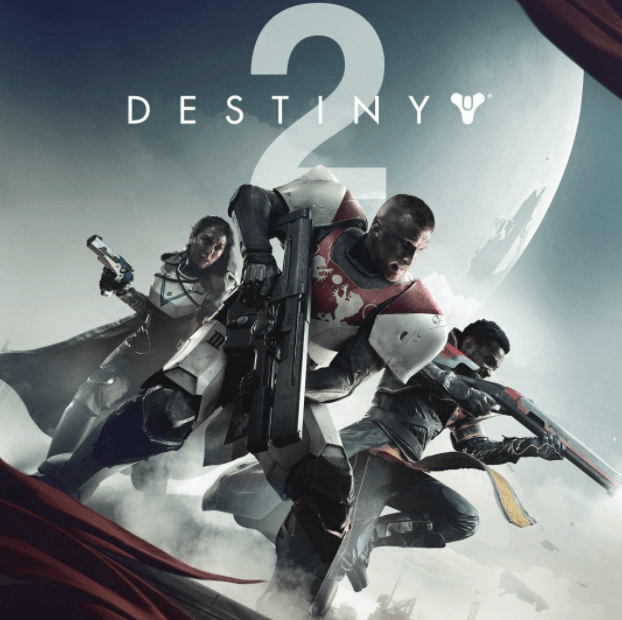 A lawsuit filed in 2021 targeting businesses, owners and individuals behind the Wallhax, SecureAC, SecureCheats and CODHax platforms, is just a small part of a larger Bungie campaign.
A lawsuit filed in 2021 targeting businesses, owners and individuals behind the Wallhax, SecureAC, SecureCheats and CODHax platforms, is just a small part of a larger Bungie campaign.
Faced with growing numbers of cheaters in its online games, Bungie filed several lawsuits in the U.S. They sent the clearest possible message that similar behavior can have serious consequences.
For regular gamers honing innovative strategies to triumph within the parameters of clearly defined rulesets, elimination of cheaters can’t come soon enough.
Filed in 2021, the lawsuit against Wallax identified some defendants by name and others by their online handles. All faced allegations of copyright infringement, violations of the DMCA’s anti-cicumvention provisions, RICO violations, conspiracy, plus sundry other charges
In June 200, Robert Nelson and two companies under his control admitted copyright infringement after violating Bungie’s copyrights and injecting code into Destiny 2, thereby creating unlicensed derivative works. Bungie’s damages award was $13.5m.
Information provided by Nelson enabled Bungie to pursue developer Daniel Larsen in Denmark, and when he failed to appear, Bungie obtained an entry of default. Information also led Bungie to Germany where ‘Badger’ was identified as Patrick Schaufuss. He also agreed to settle by cooperating with Bungie.
Amended Complaint Unmasks More Defendants, More Details
Filed this week in a Washington District Court, Bungie’s first amended complaint identifies former Doe defendants ‘Luzypher’, ‘Yimosecai’, ‘Rulezzgame’, ‘Sentinent’, ‘CHENZHIJIE402’, and ‘Mindbender’ (aka ‘Bluegirl’), by their real names.
It also provides additional detail on some of the other defendants, including the entity ‘Dsoft CVR36454303’.
Daniel Larsen / Dsoft CVR36454303
Previously alleged to be just the administrator of Wallhax, Larsen is now described as the owner. Working under the pseudonym ‘Gokke’, it’s alleged he developed the code framework for the Wallhax cheat and was involved in designing, coding, updating and maintaining cheats for Destiny 2.
“Larsen and the other partners in the Wallhax business share in its profits and losses and engage in joint decision-making, with Larsen having particular say in matters in his area of expertise (software engineering),” Bungie writes.
“Defendant DSoft, registered with the Danish Business Authority under CVR 37454303, (‘DSoft’) is Larsen’s registered sole proprietorship, with a principal place of business located at [redacted address] in Denmark.”
Bungie says the Dsoft corporate entity was used to conduct business and accept funds relating to the Wallhax cheating operation.
Other Targets Identified
According to Bungie, ‘Luzypher’ is a Wallhax senior support specialist and moderator of the Wallhax forums. The company already knew that ‘Luzypher’ lives in the Netherlands but now identify him as Sebastiaan Juan Theodoor Cruden along with a specific address in a central region of the country.
Previously just a ‘Doe’ defendant, Bungie has added ‘Goodman’ to its complaint. The developer still doesn’t know his name but believes he’s in Sichuan, China, from where he sells Wallhax cheats and shares revenue with other Wallhax defendants. Chenzhijie Chen (aka chenzhiji402) of Shangai, China, faces identical allegations.
The defendant previously known as ‘Yimosecai’ is now identified as Yunxuan Deng of Shangai, China. Together with Eddie Tran (aka Sentient) of California, Anthony Robinson (aka Rulezzgame) of Germany, and Marta Magalhaes (Mindbender/Blue Girl) of Portugal, all stand accused of reselling Wallhax cheats.
Bungie frames their actions rather more elaborately, describing the defendants and others yet to be identified as complicit in a racketeering exercise. Other previously named defendants, including ‘Riddell’ and ‘piskubi93’, are absent from the amended complaint but for reasons not cited in the complaint.
Escalation Strategy
At least from the information available in court documents, it seems that Bungie is using compliant defendants (i.e those who have agreed to settle) as a means to identify others. That’s nothing out of the ordinary and can prove extremely effective.
As an abstract example unrelated to this case, if we take Defendant 1 as the main target in a civil action, he may know a lot about partner defendant 2, so if Defendant 1 starts to cooperate under threat of financial ruin, Defendant 2 is rendered vulnerable.
Lower players, let’s call them Defendants 6 and 7, may be happy to share personal information with each other, feeling they’re largely unimportant. But if Defendant 4 knows either and happens to be friendly with Defendant 3, none of the group are secure if Defendant 2 throws in the towel.
Defendant 5, meanwhile, may feel that settling is the only option because apparently everyone else has. Pressure to settle may not always work though, especially in far-off lands with different legal standards and potentially uncooperative governments.
The amended complaint can be found here (pdf)





